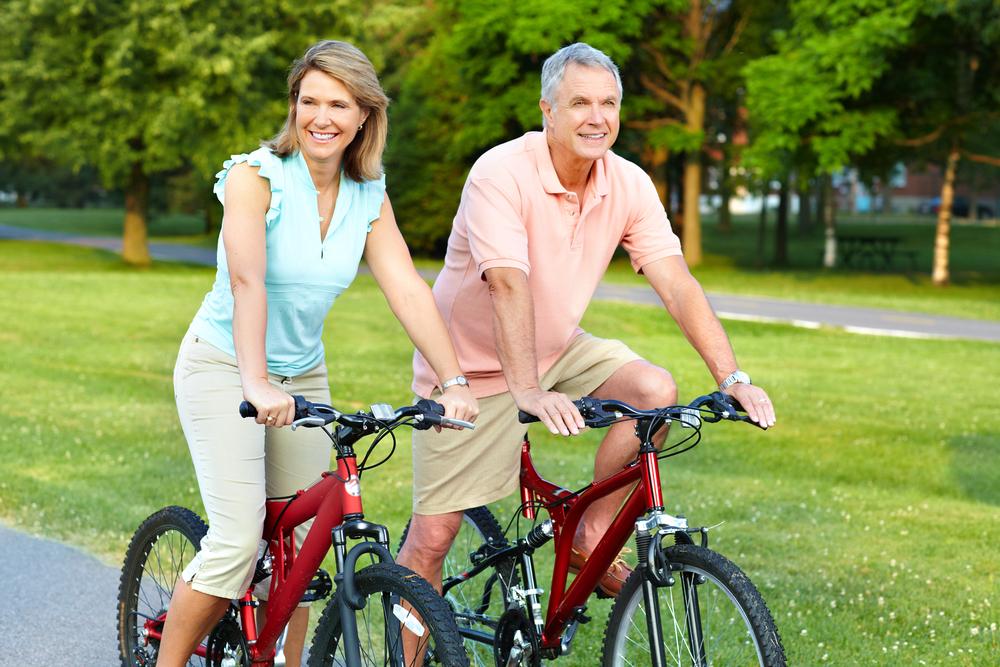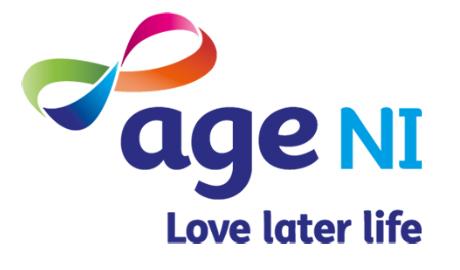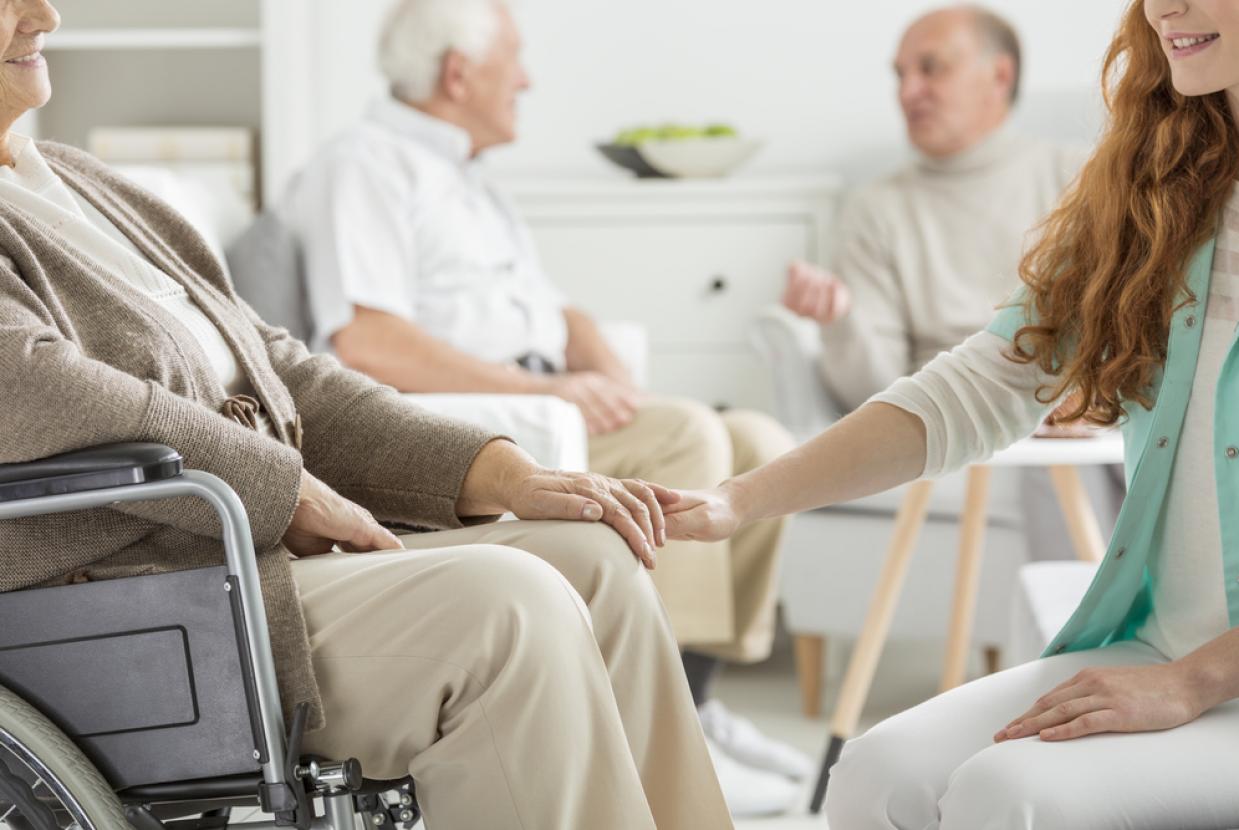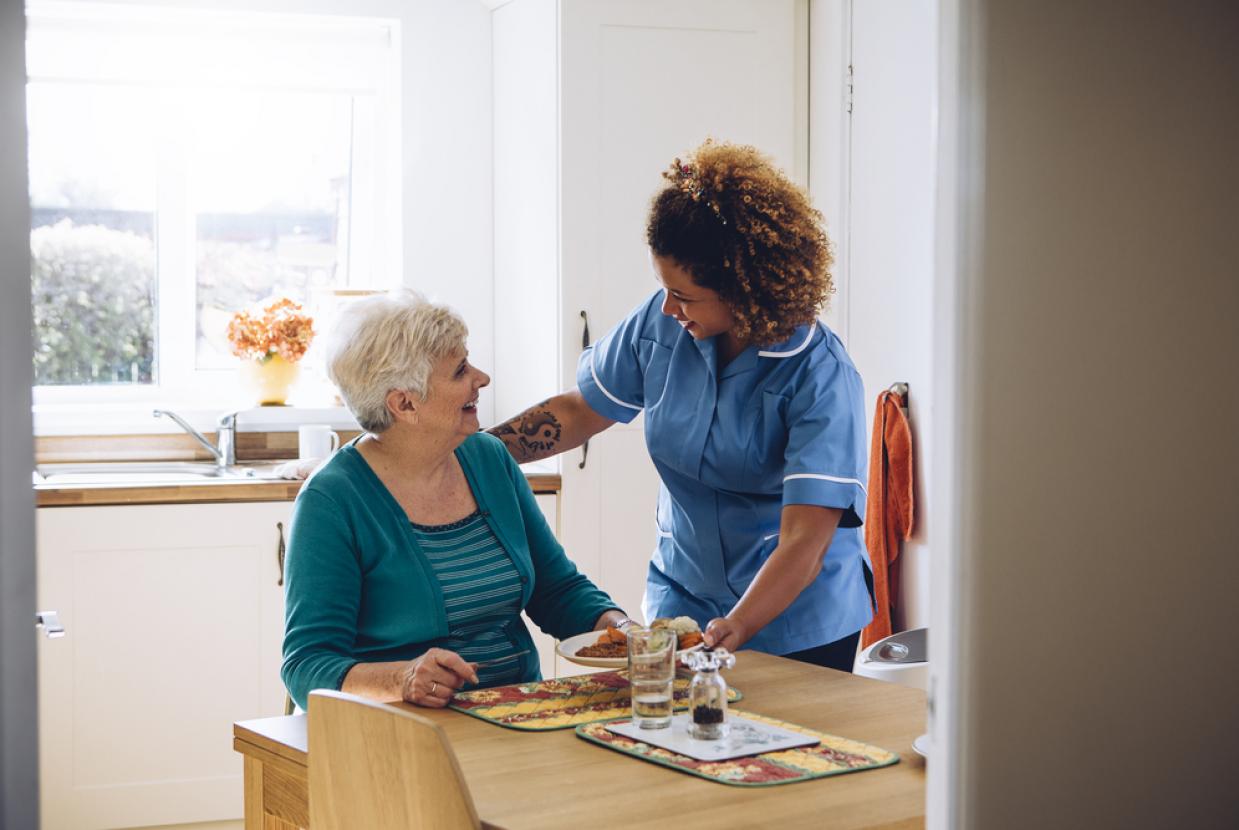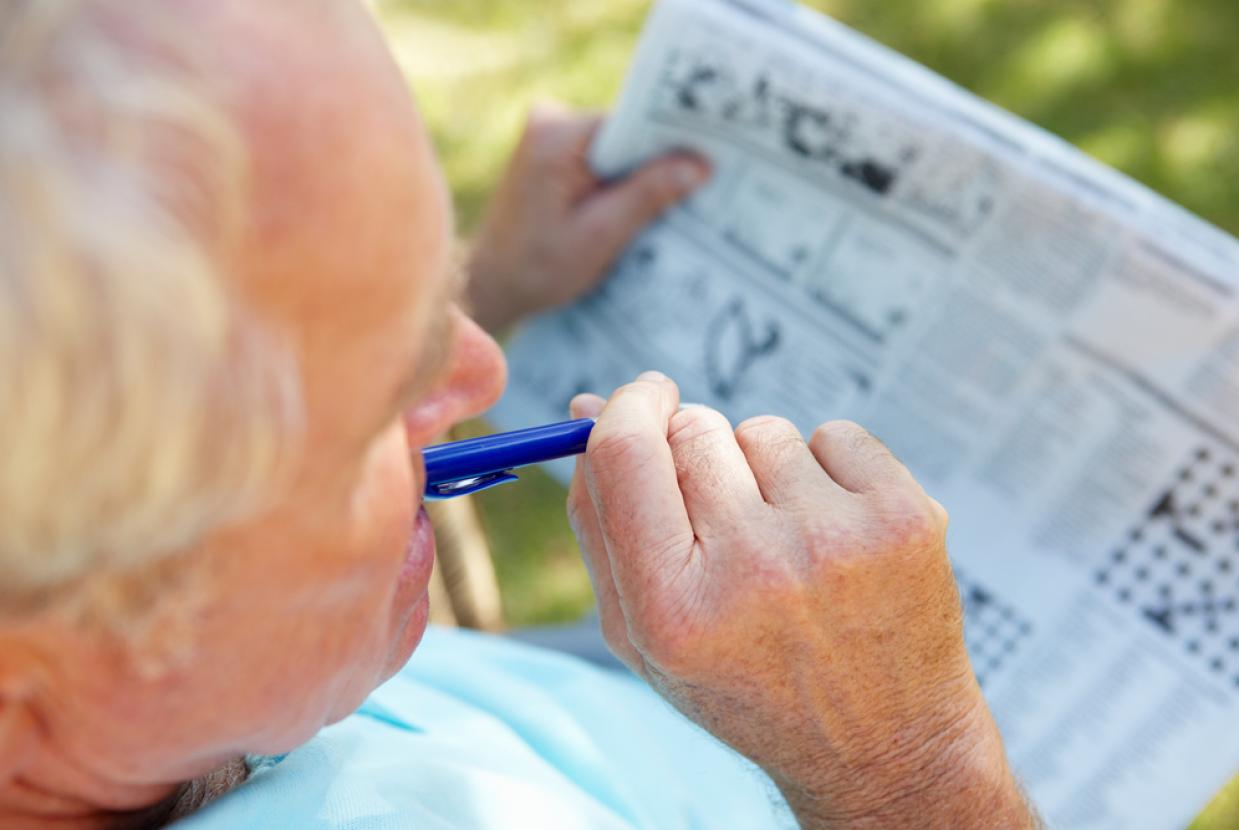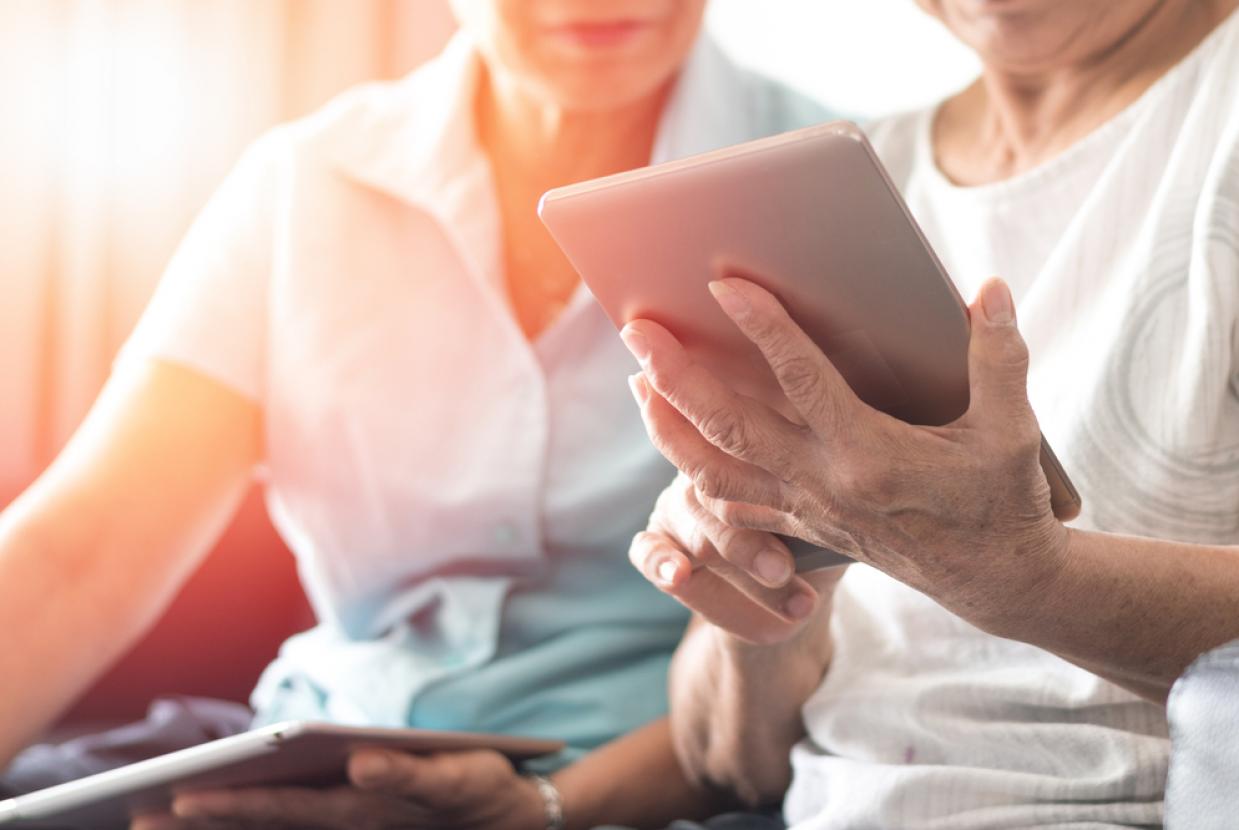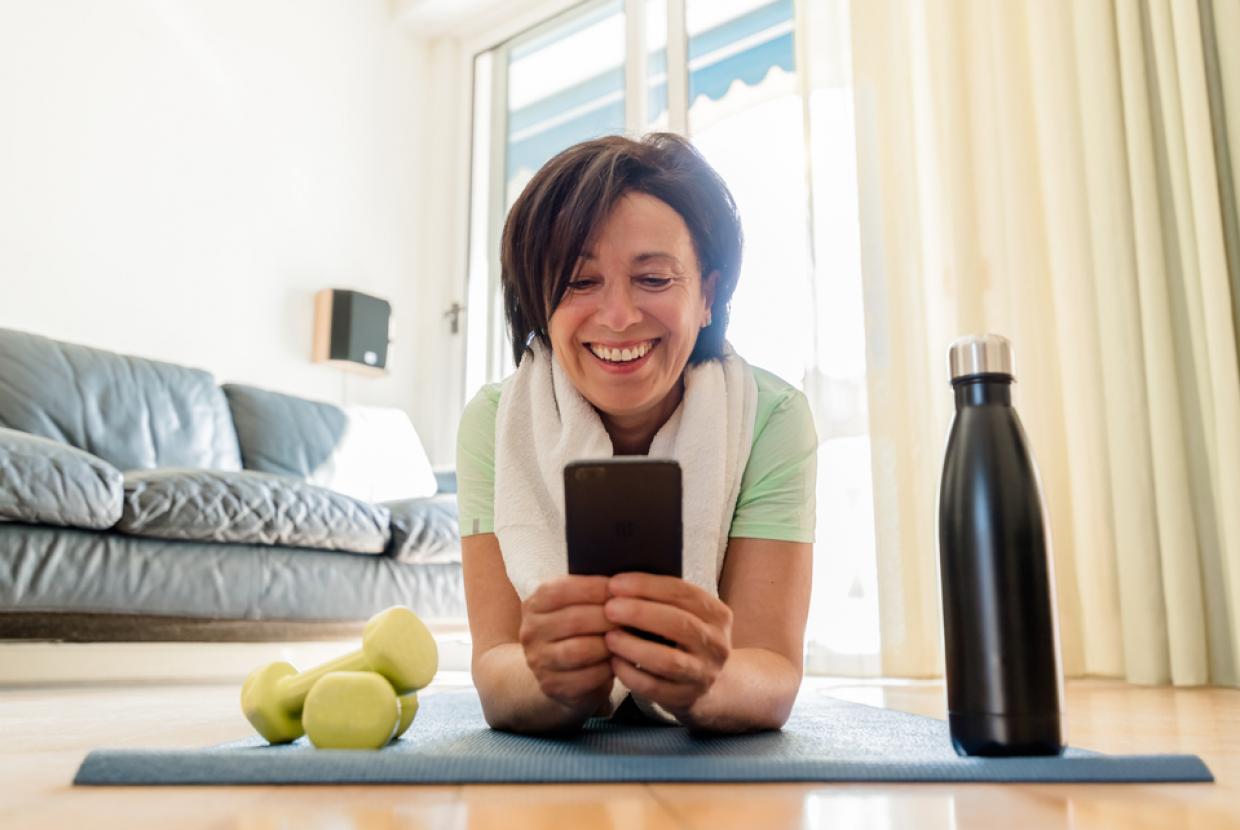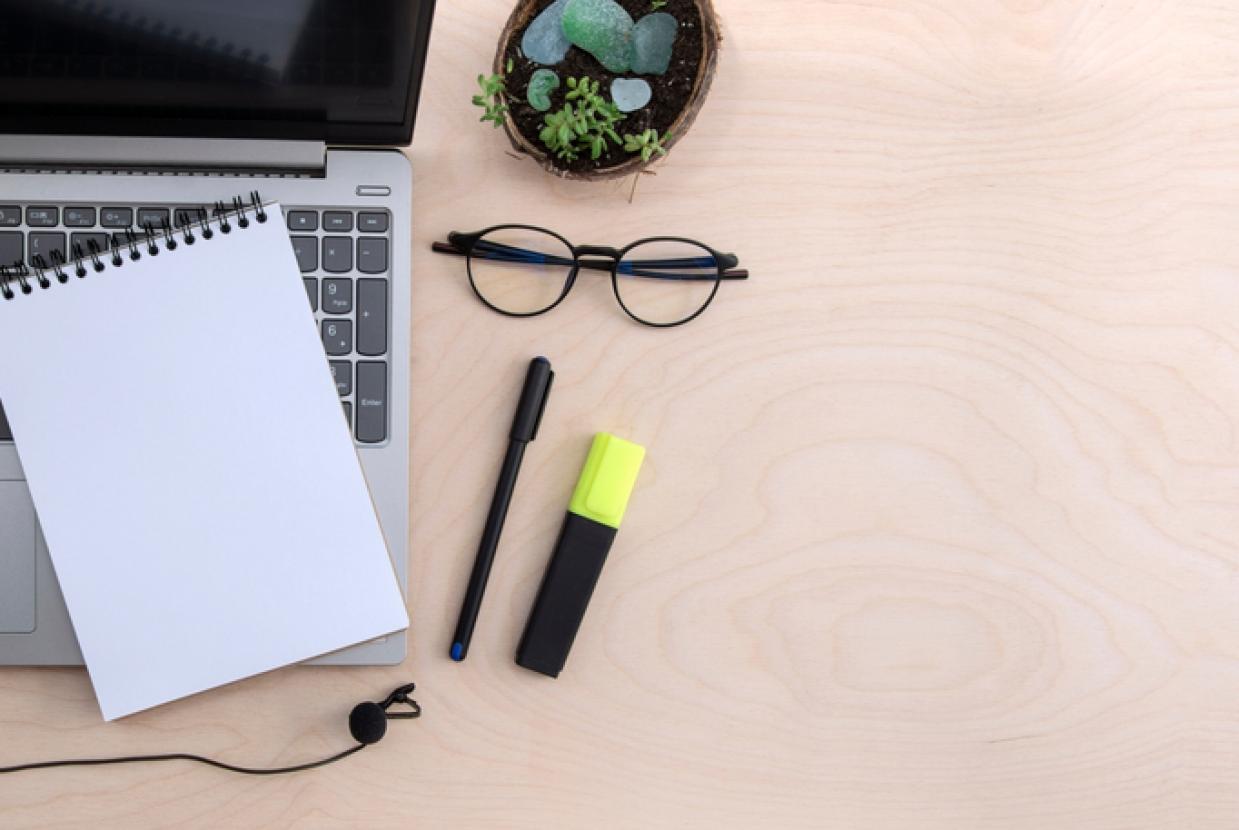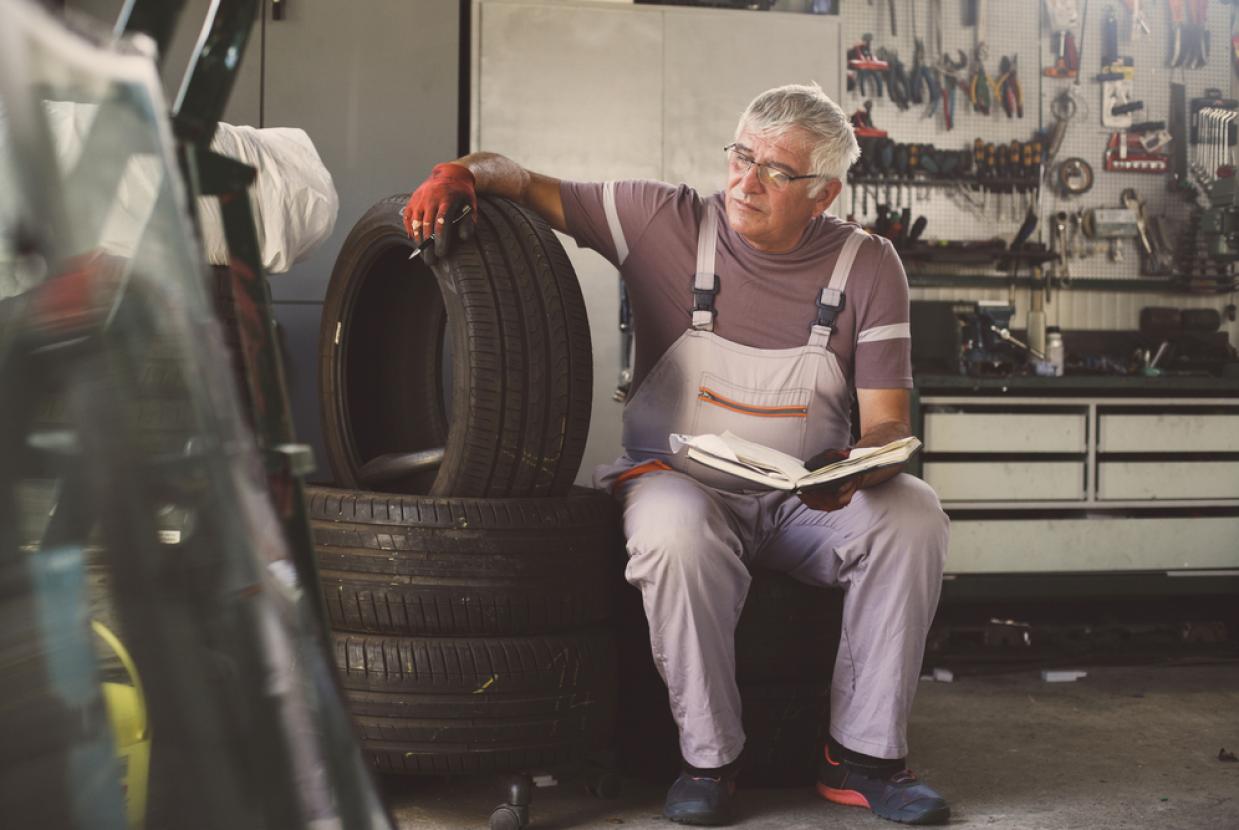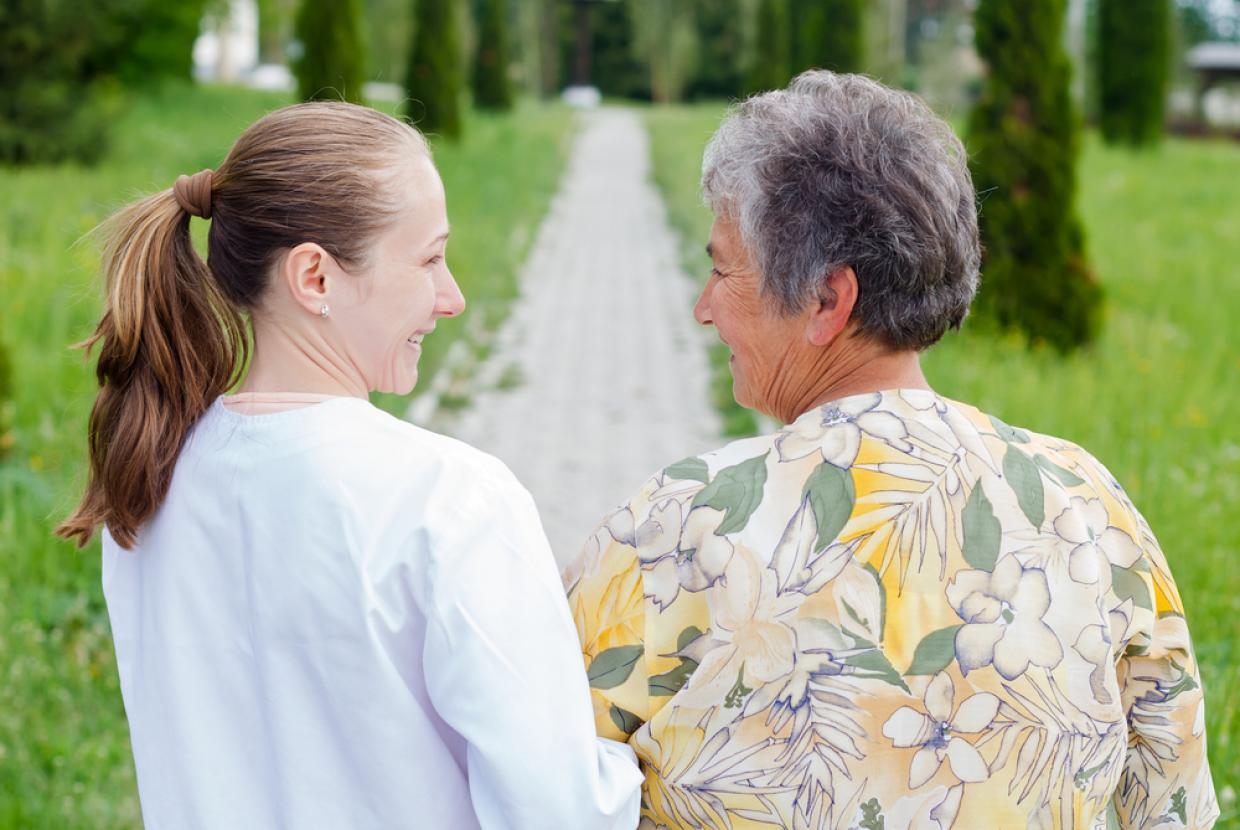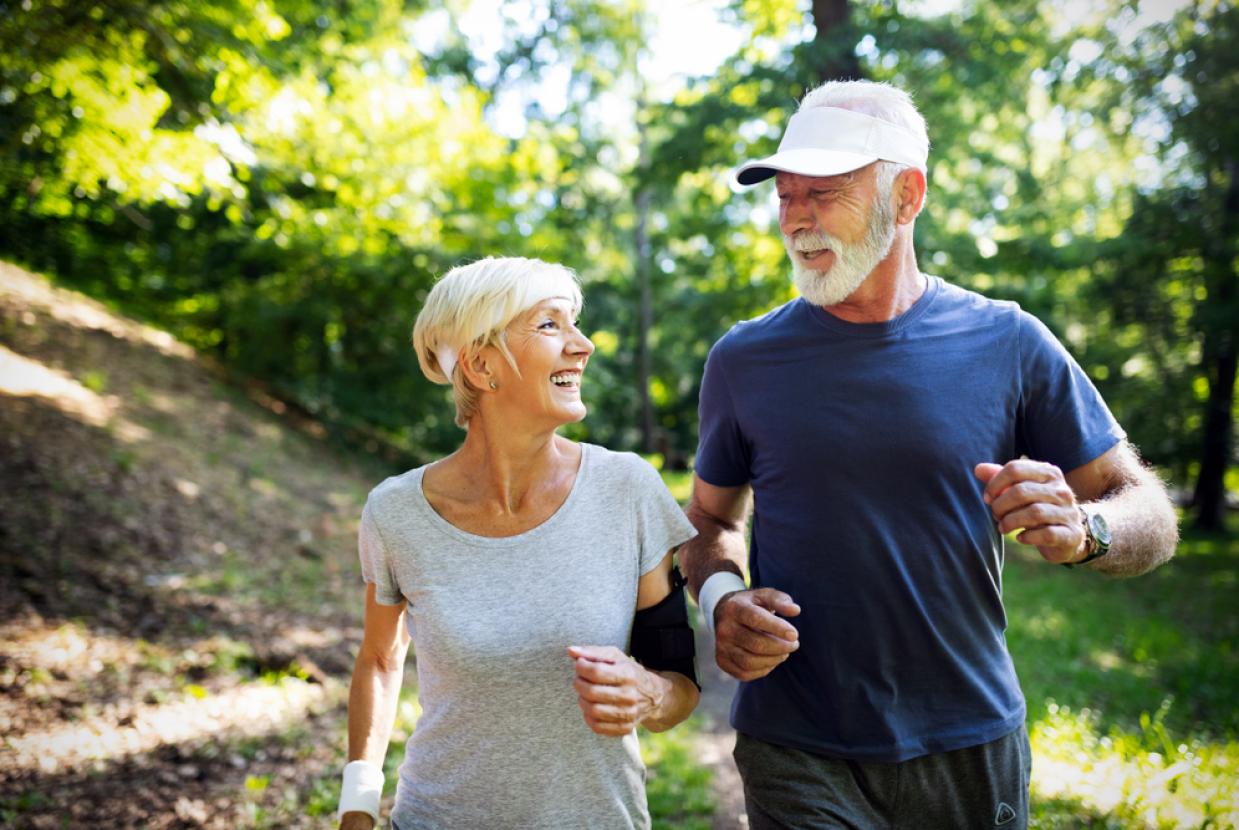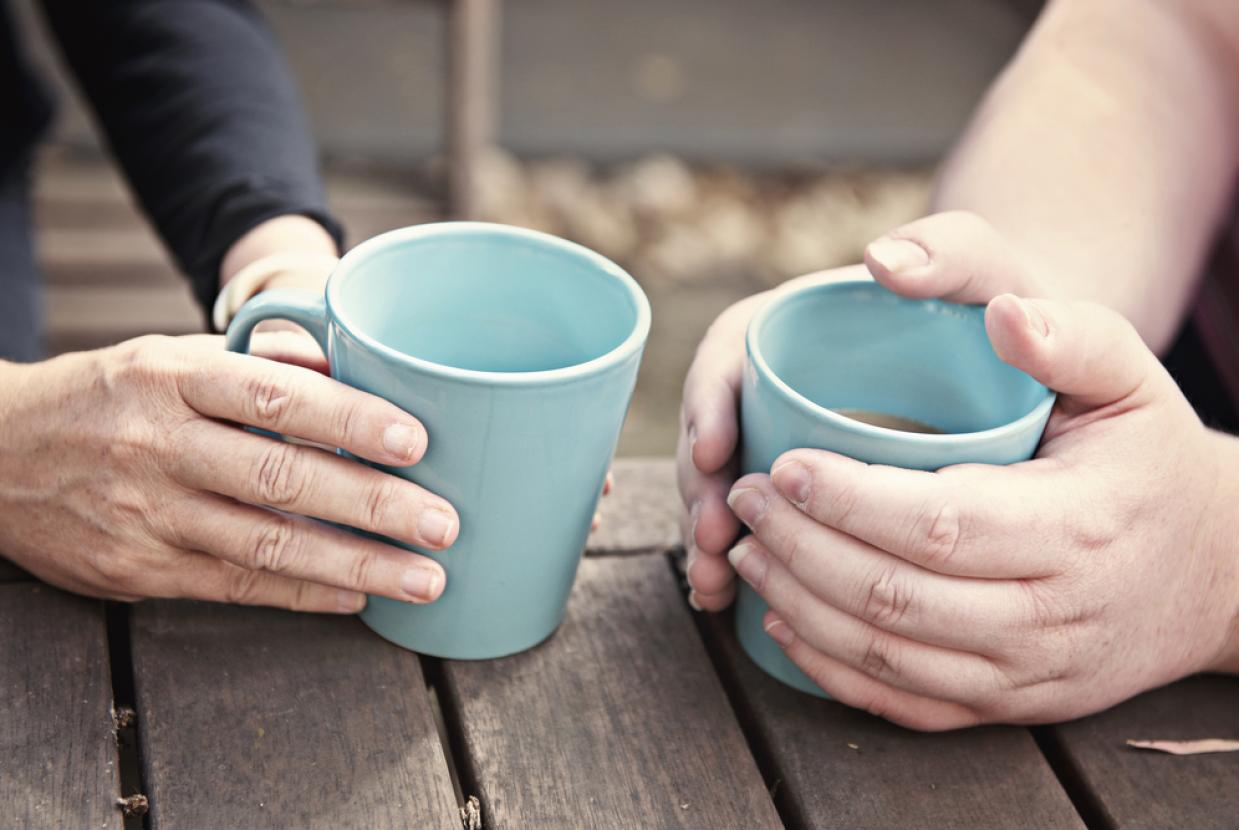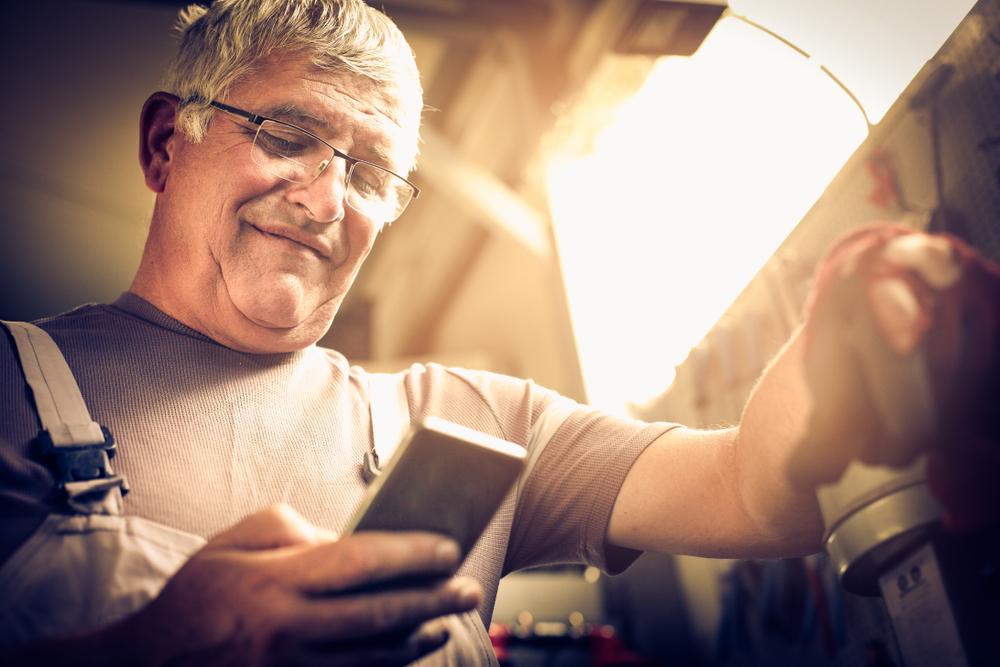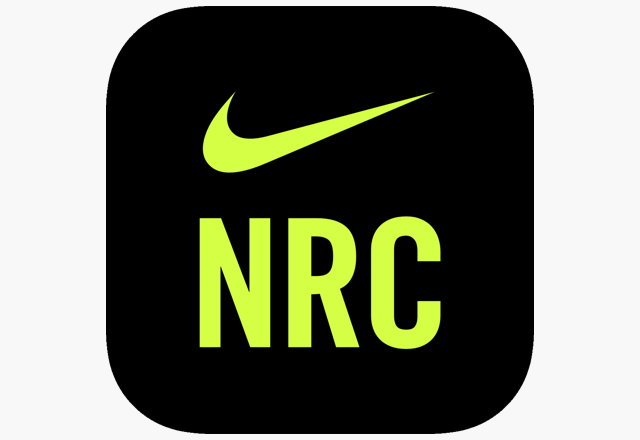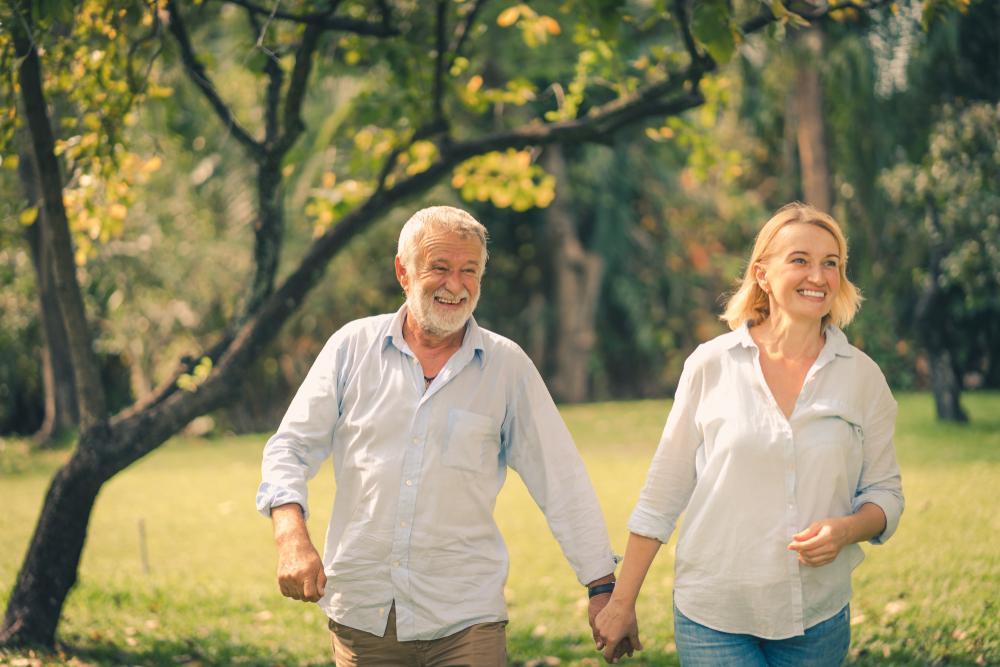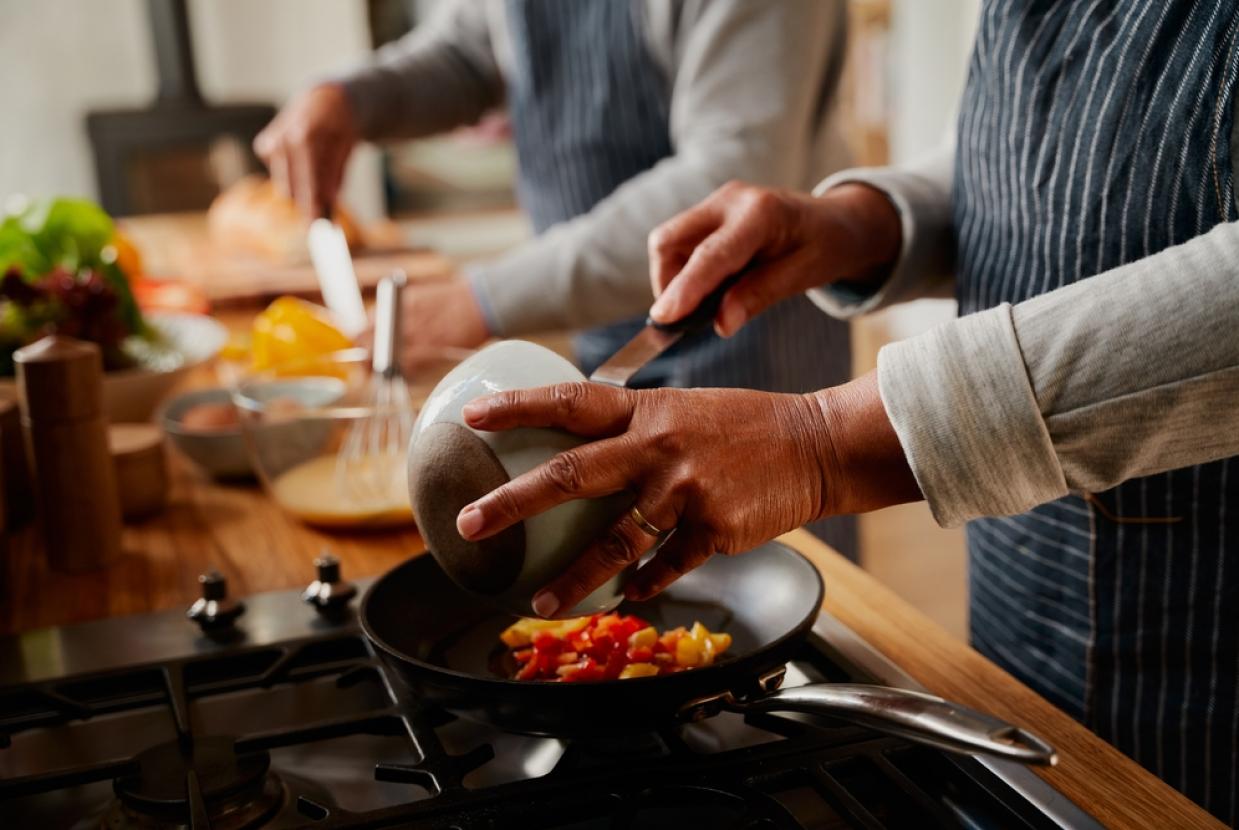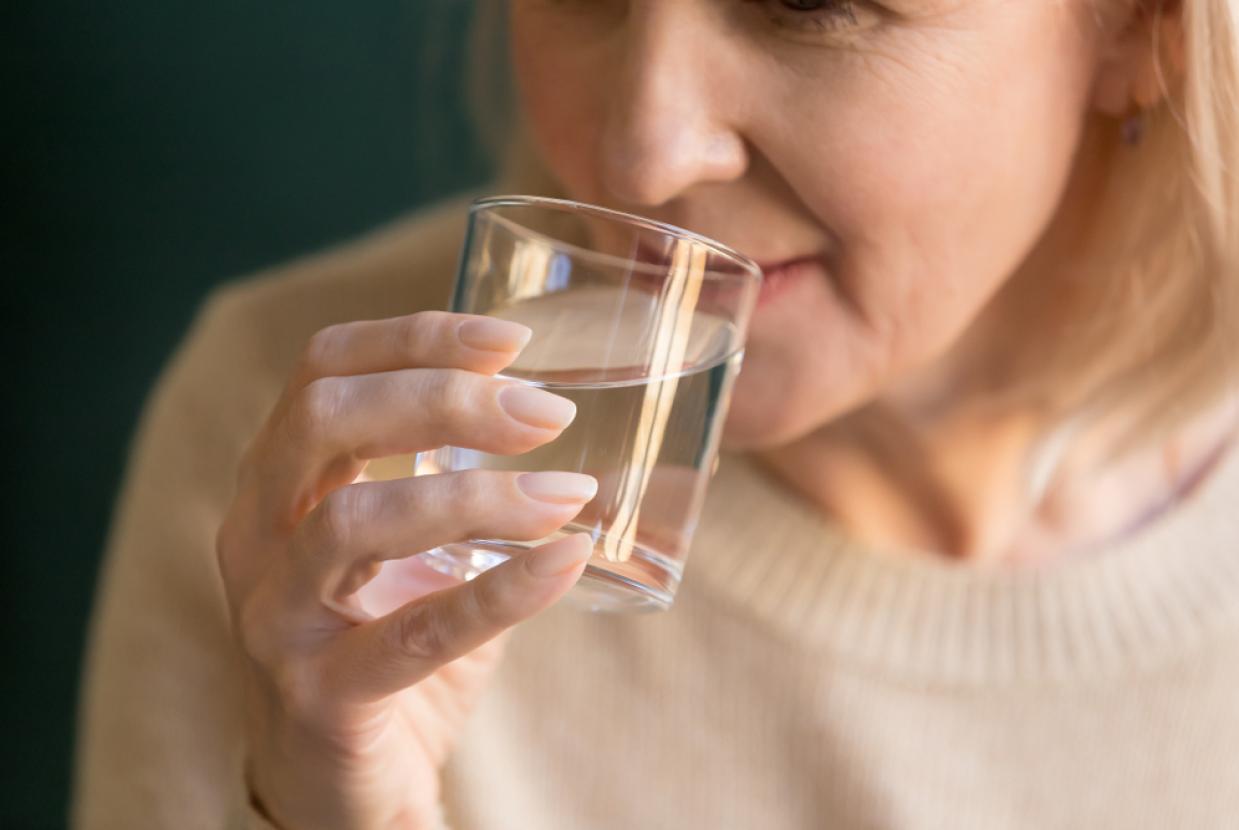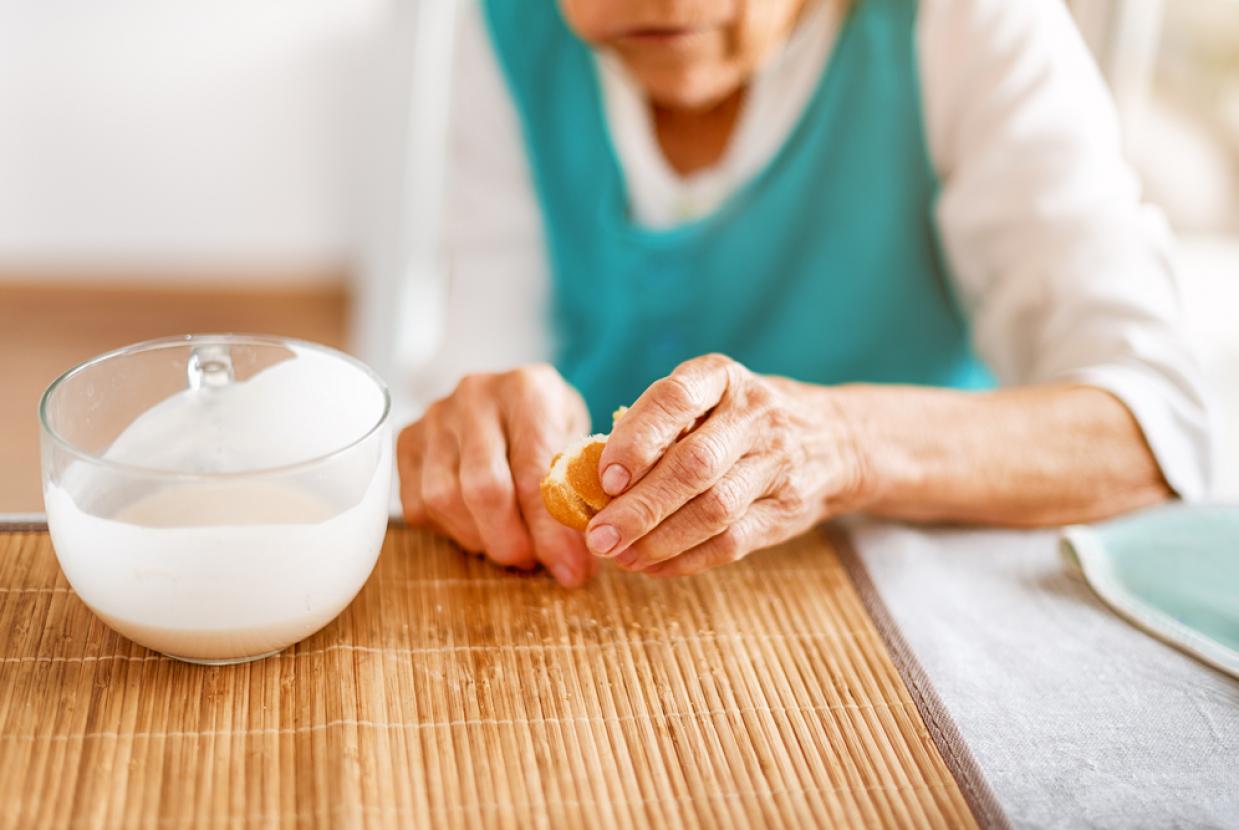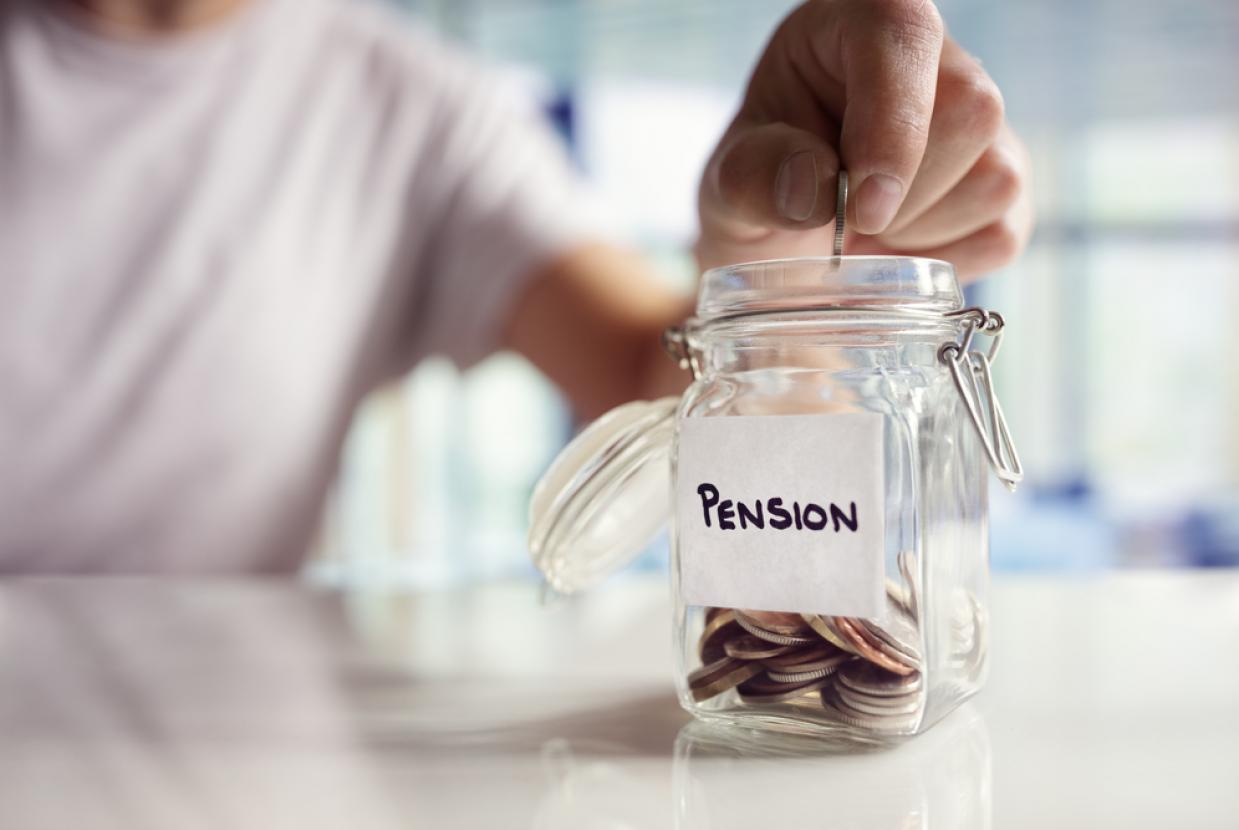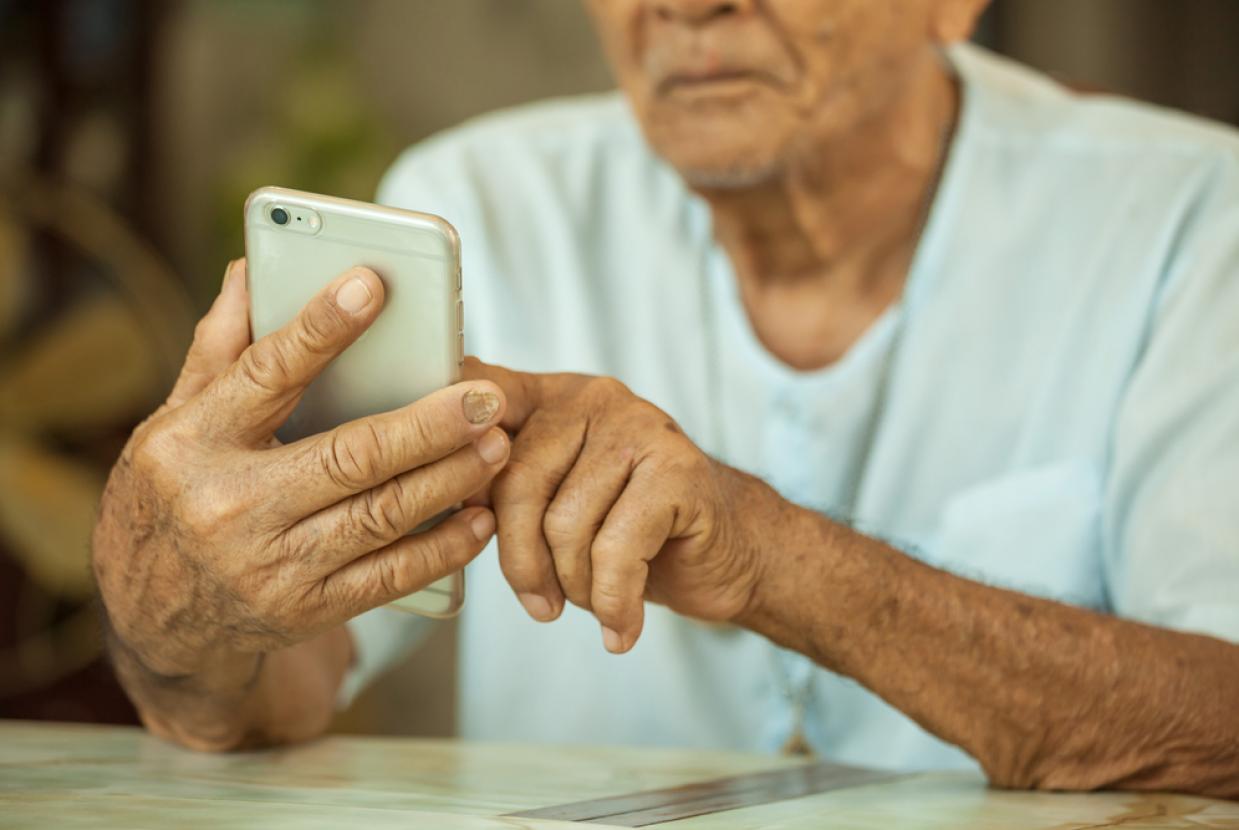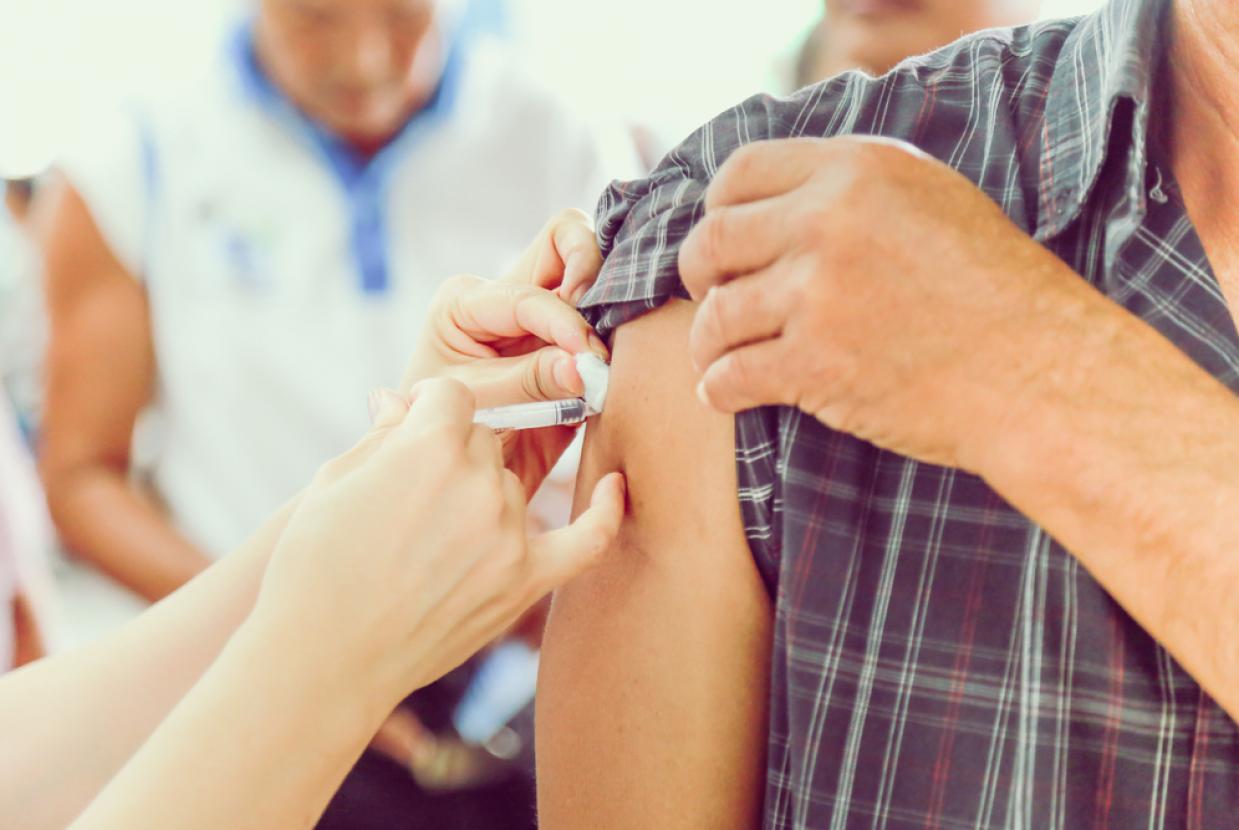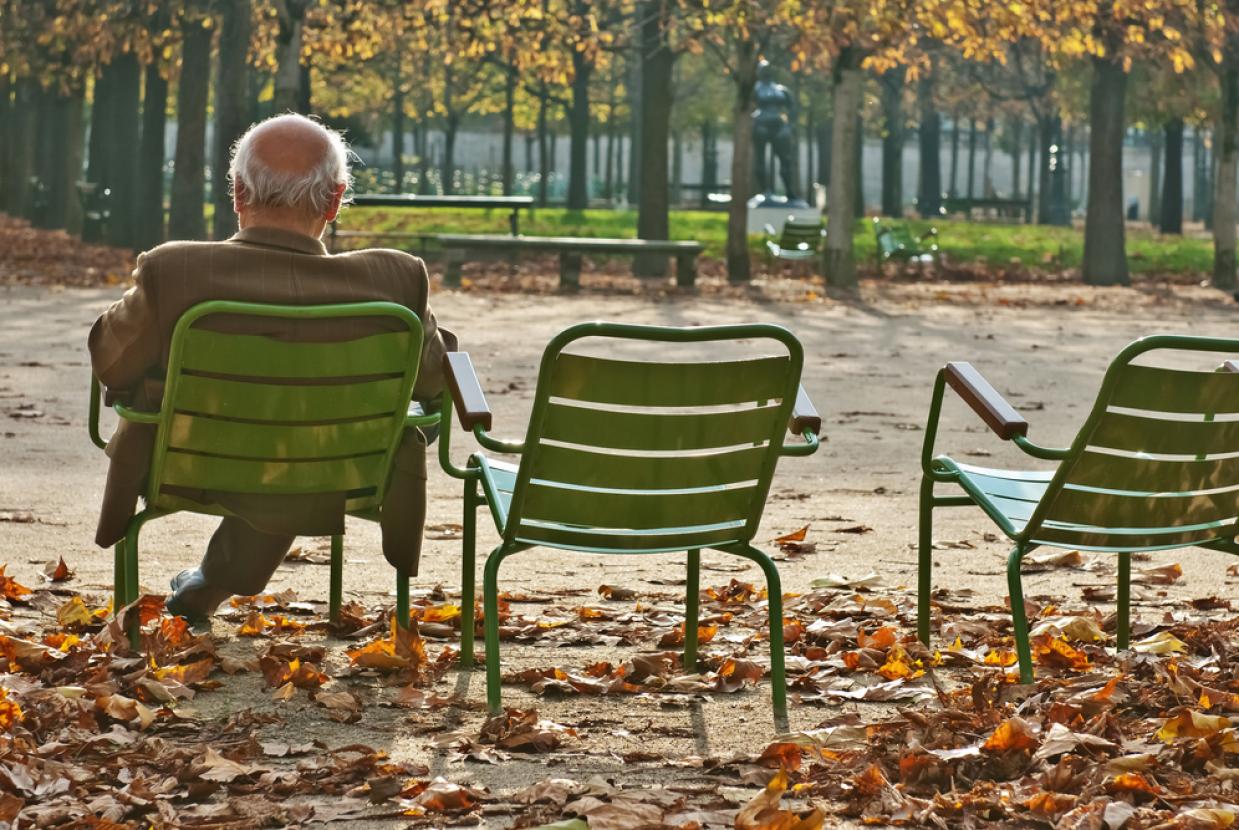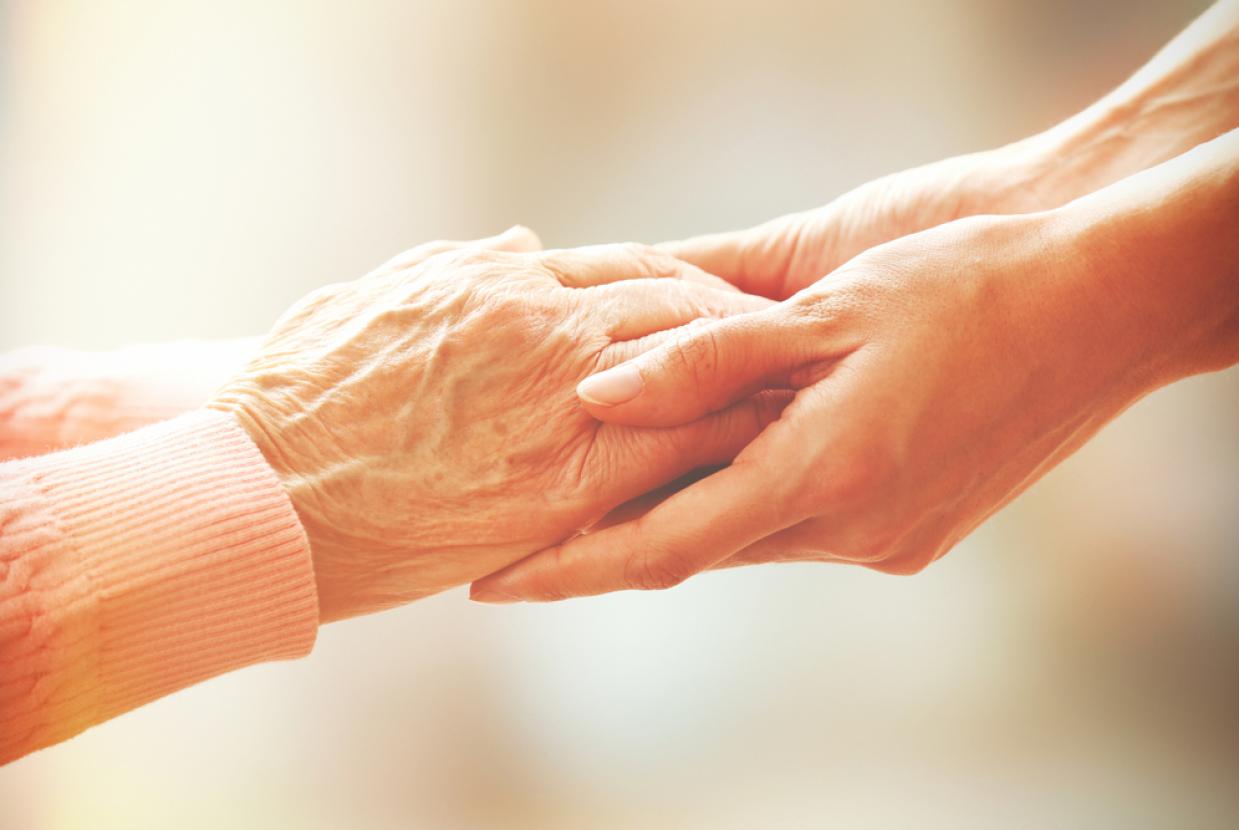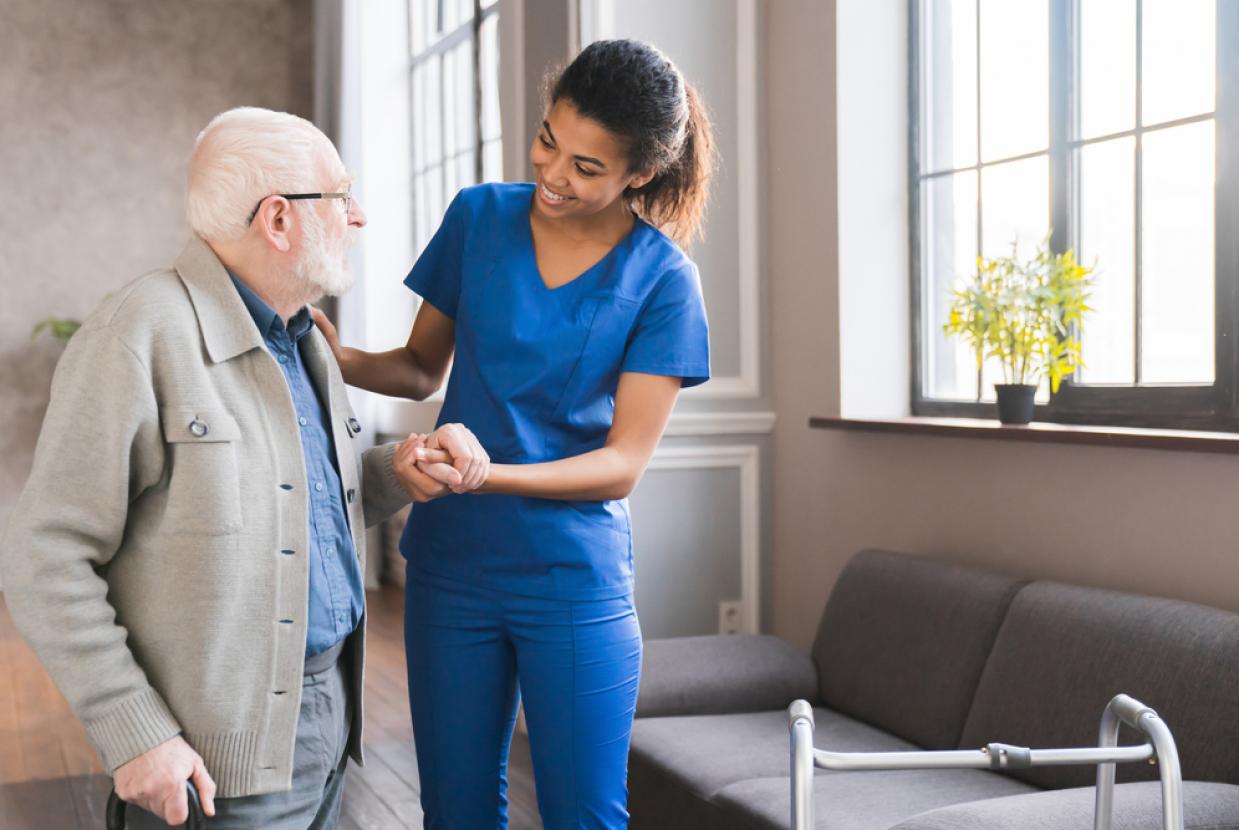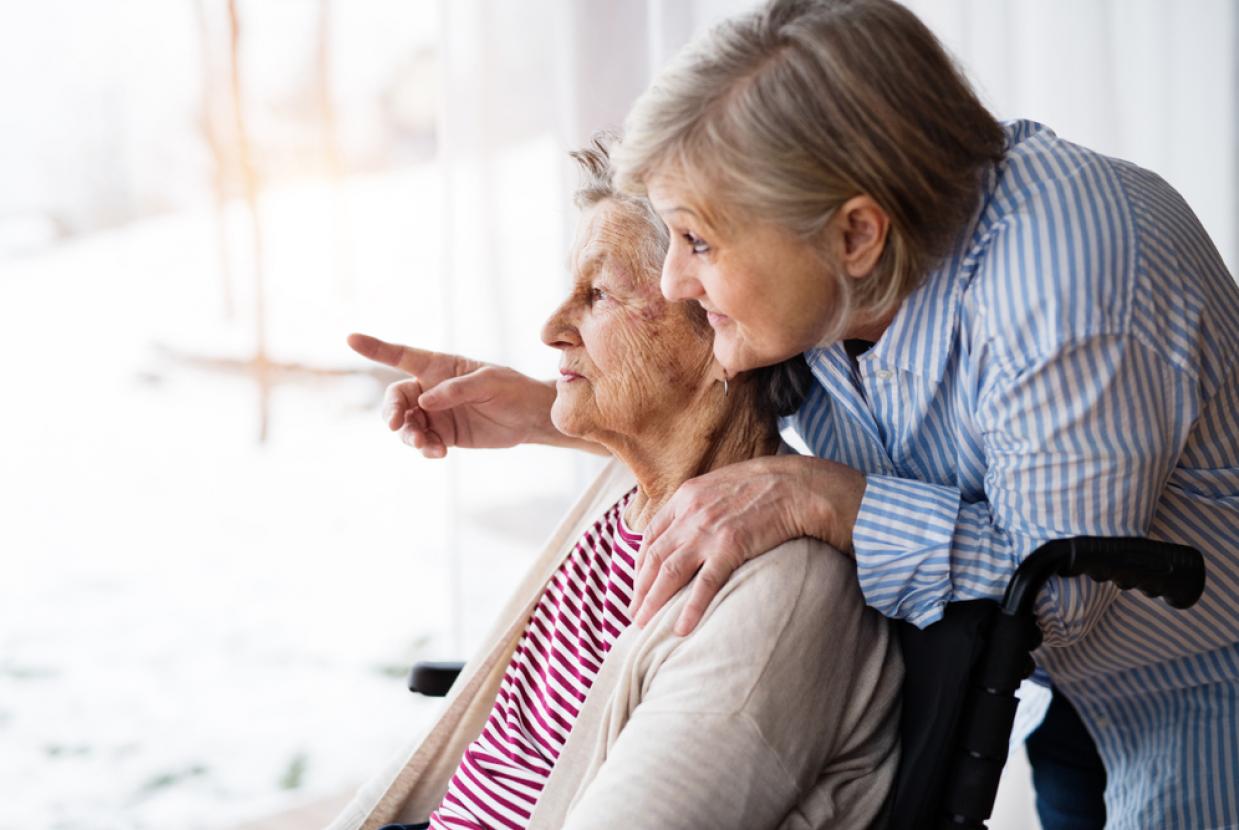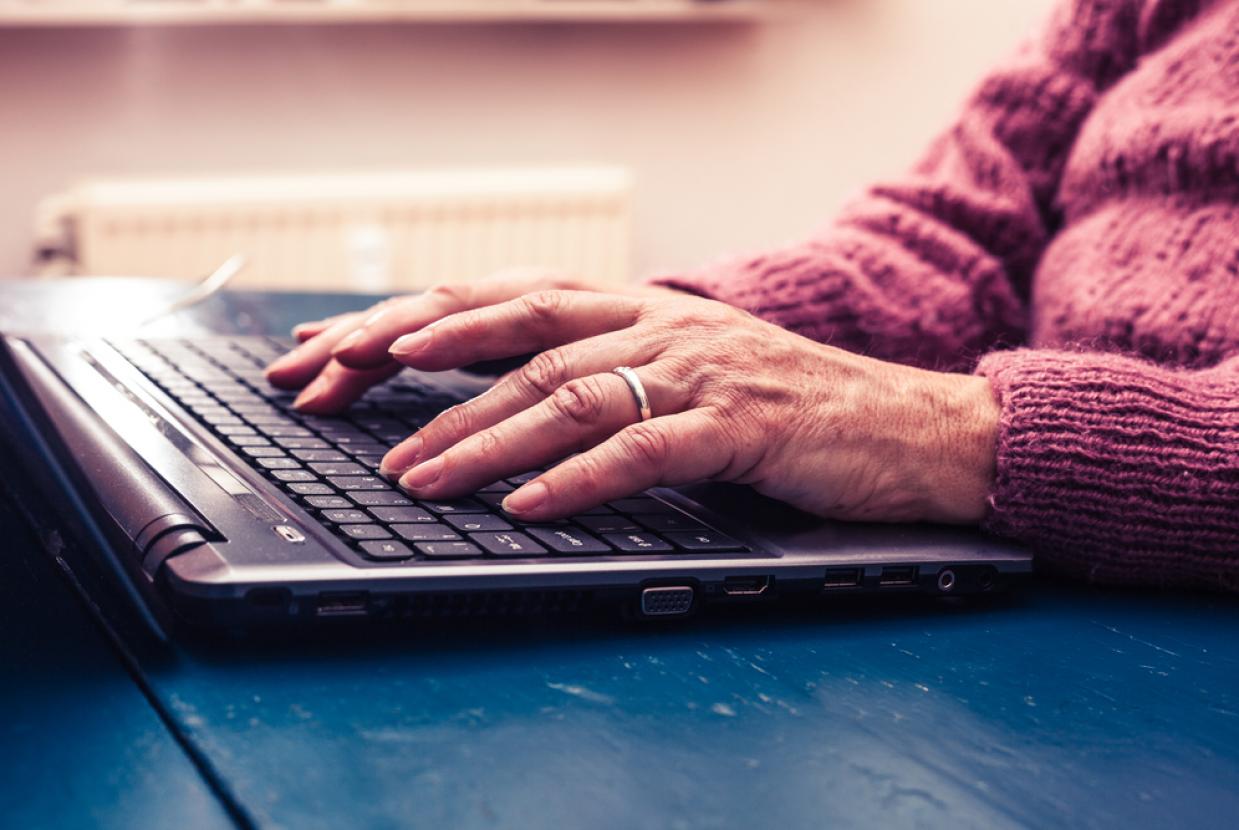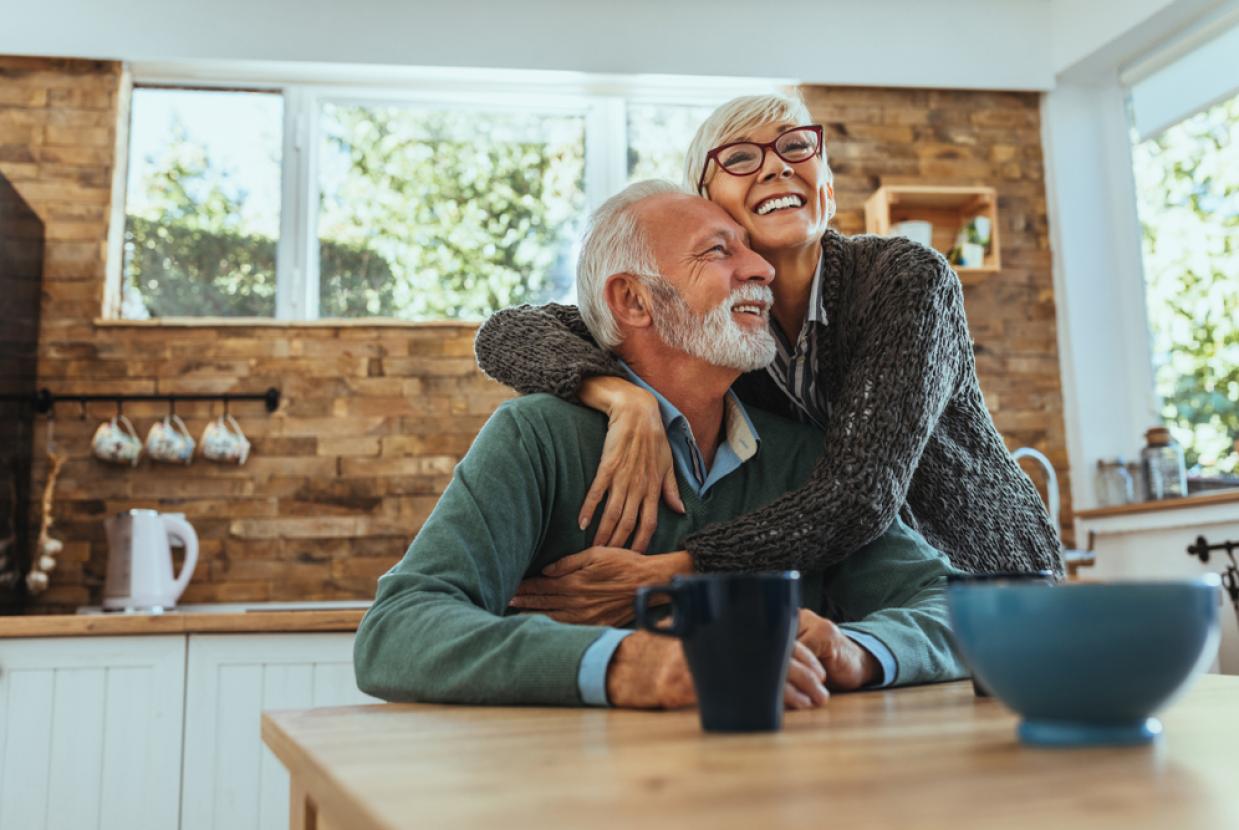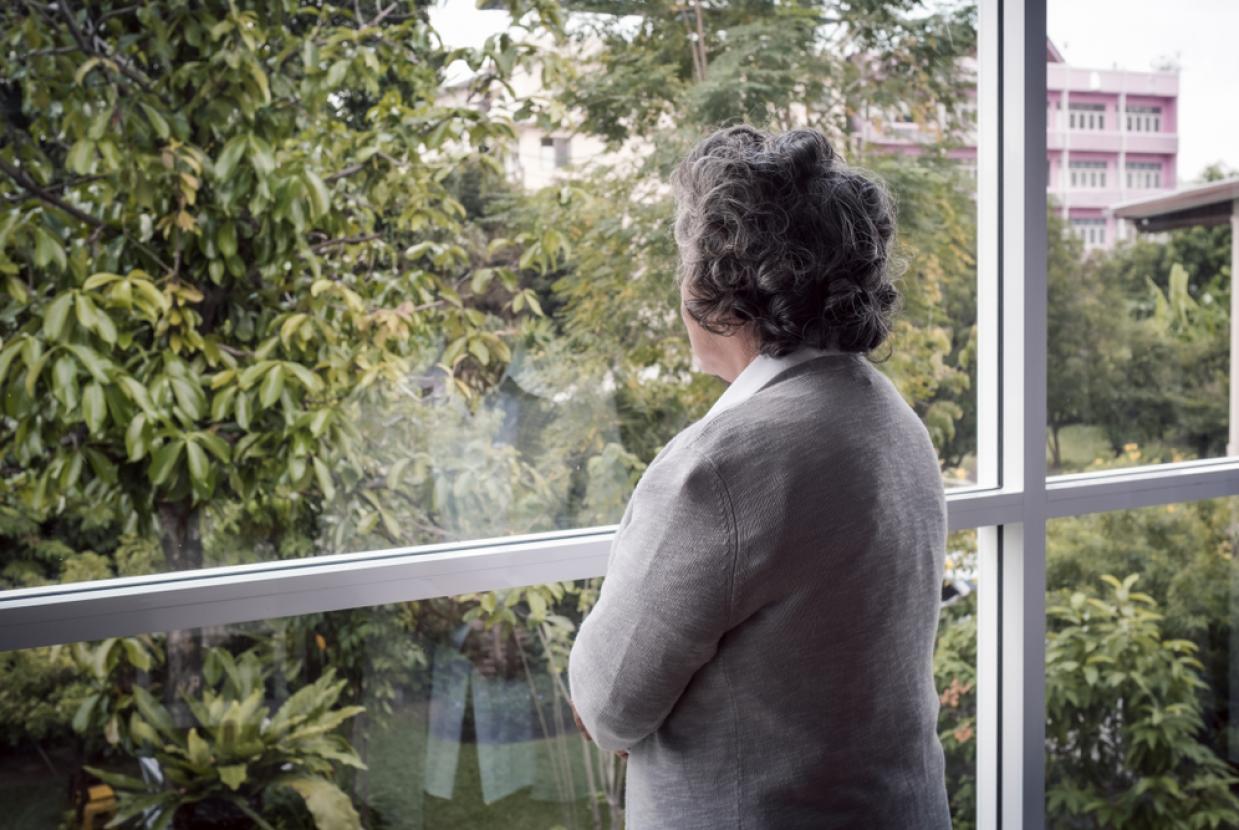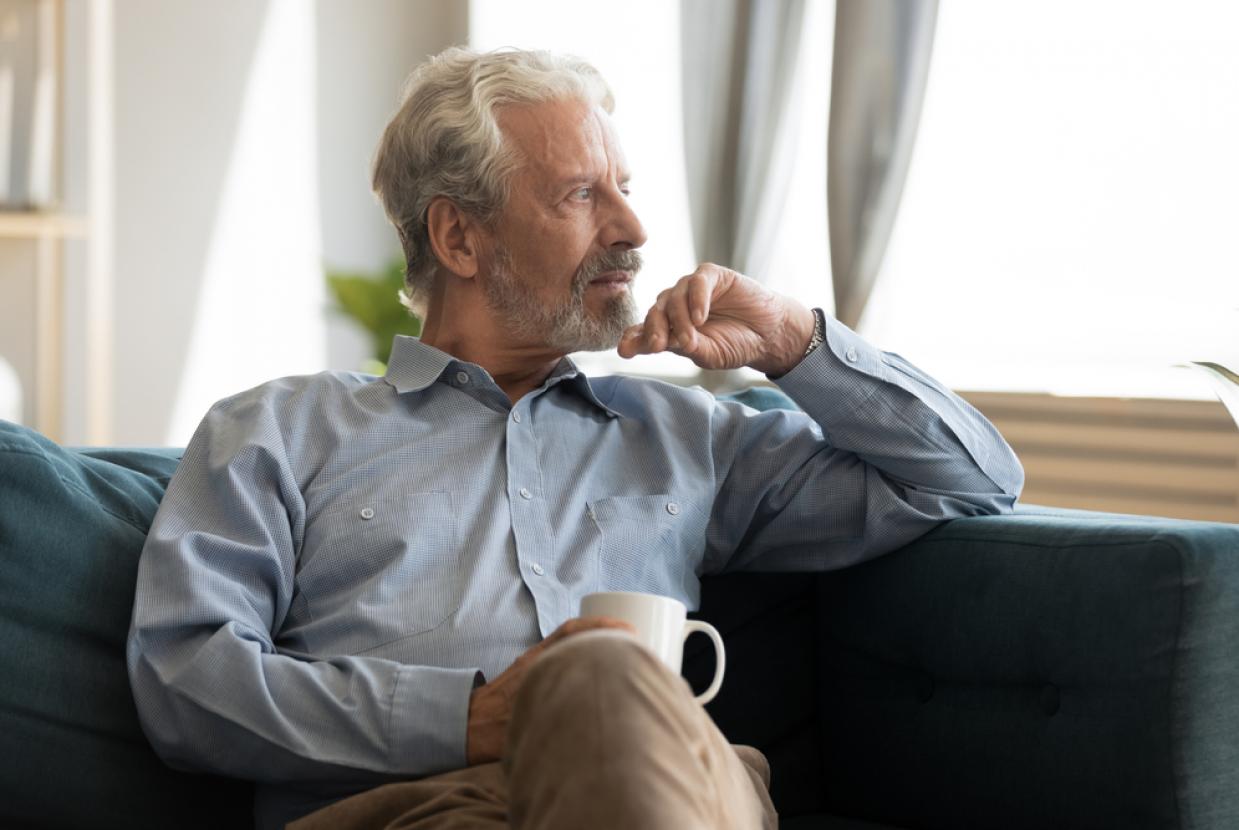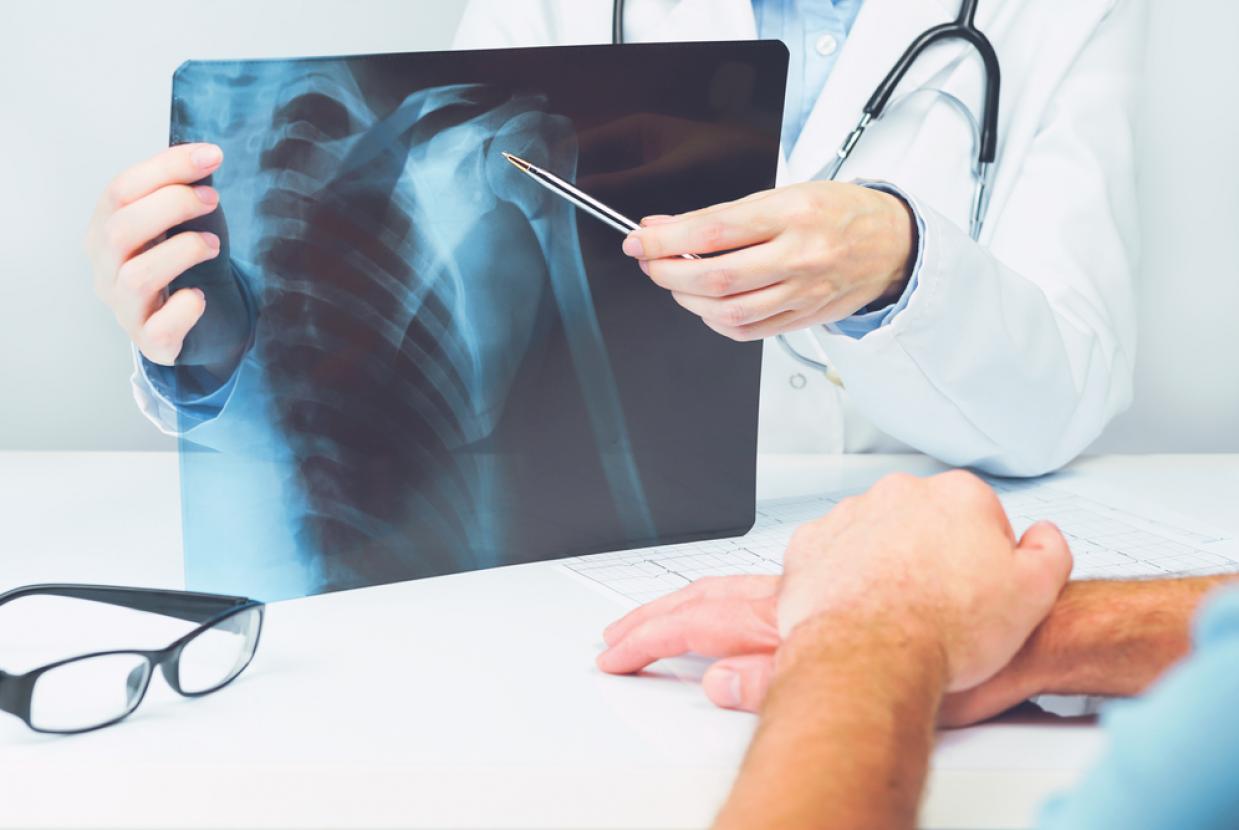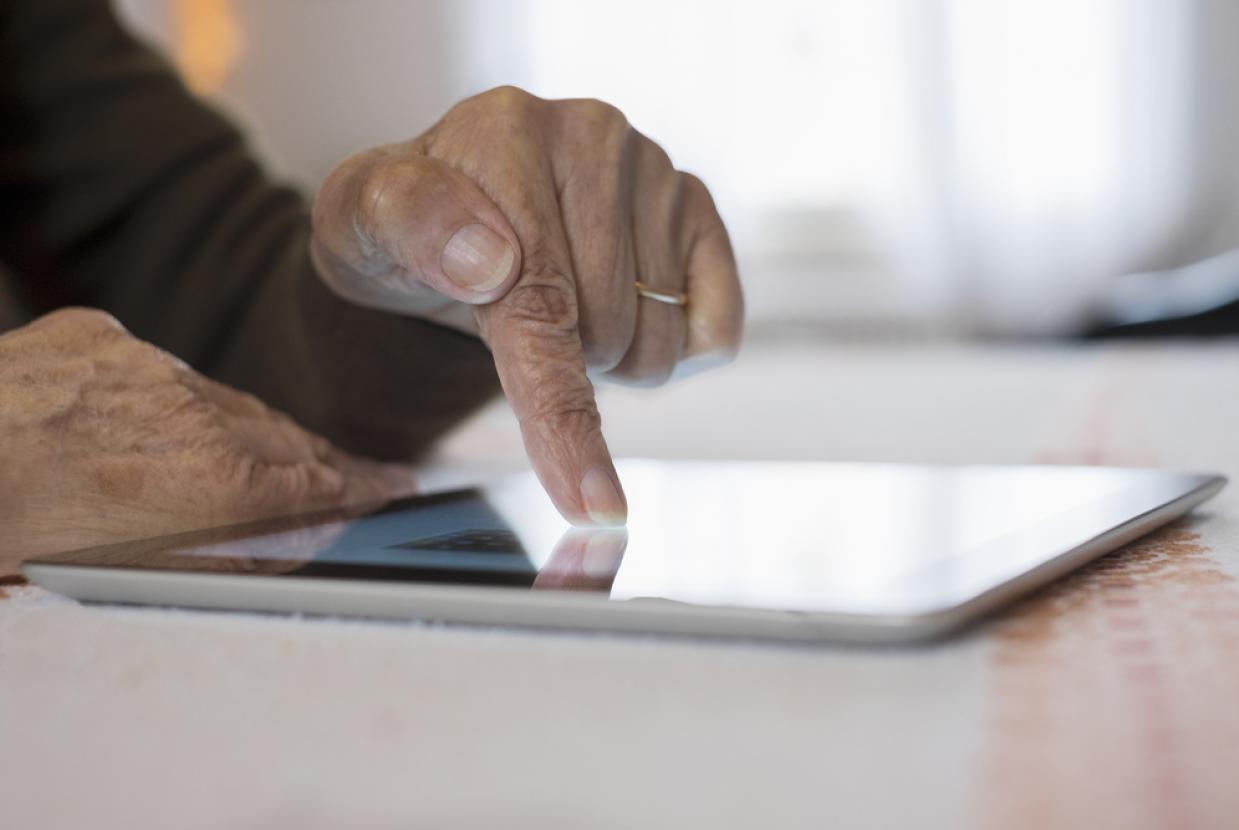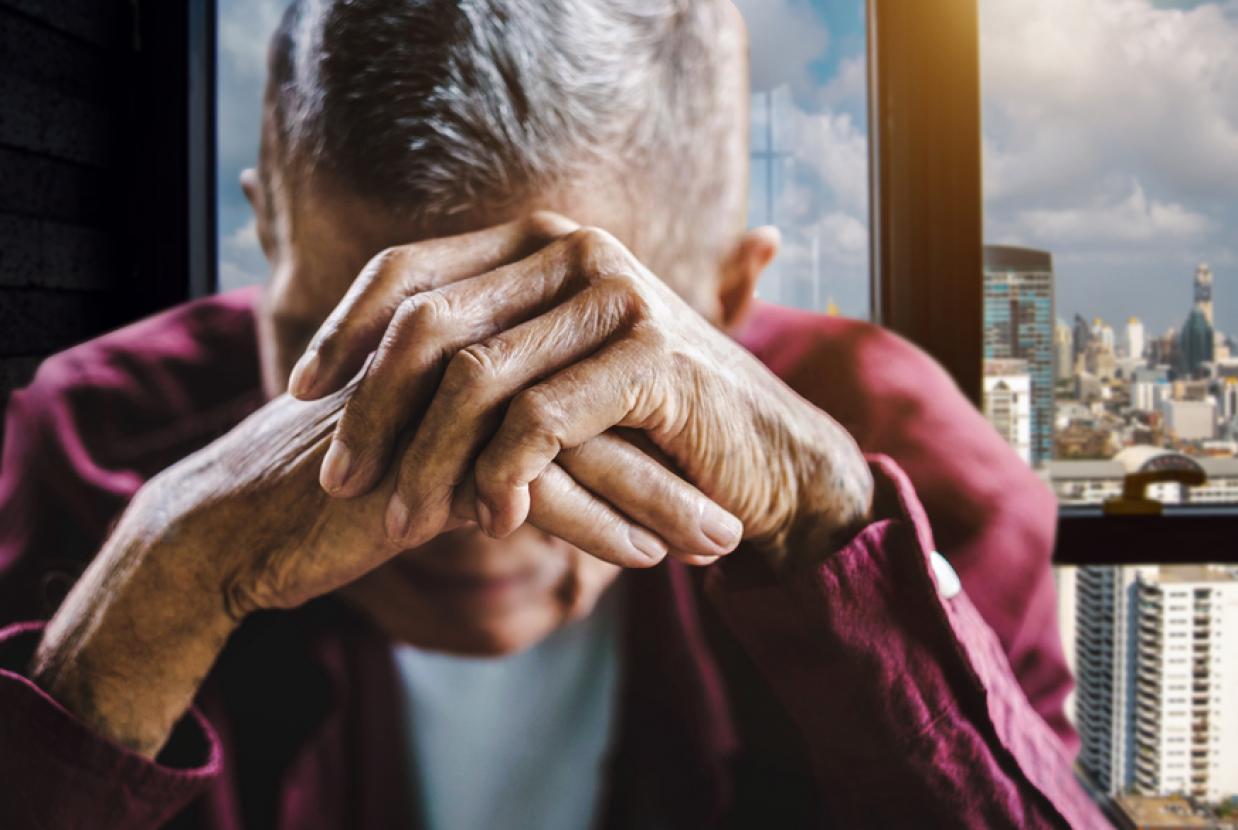The Importance Of Being Active As We Age
A substantial body of scientific evidence indicates that regular physical activity can bring significant health benefits to people of all ages and abilities. Whilst the benefits of physical activity for younger and middle-aged people receive public and media exposure, less emphasis is placed upon the fact that the need for physical activity does not end with later life. Scientific evidence increasingly indicates that those health benefits eg the prevention of cardiovascular disease, type 2 (late onset) diabetes and obesity, extend well into the later years.
Key Points
- Physical activity provides a wide range of benefits for older people.
- Participation in physical activity declines with age.
- Inactivity significantly contributes to lower levels of functional capacity among older people.
- Older people require clear messages about how much physical activity is beneficial for their health, but also need reassurance that they are unlikely to overexert themselves.
Physical benefits
“A regular programme of moderate exercise is a very appropriate recommendation for almost all older adults. Moreover, there is no known pharmacological remedy that can so safely and effectively reduce a person’s biological age and enhance his or her quality- adjusted life expectancy”.
- Regular physical activity reduces the risk of coronary heart disease and stroke, type 2 (late onset) diabetes and some cancers.
- Regular physical activity can assist with the control and management of weight and blood pressure.
- Physical activity is associated with improved quality and quantity of sleep.
- Regular physical activity and strength training is particularly important for older people for the maintenance of mobility and independent daily living eg getting up from a chair and walking.
- Physical activity, and particularly training to improve strength, balance and coordination, has also been found to be highly effective in reducing the incidence of falls.
- Physical activity can help improve the emotional and mental wellbeing of older people. It is associated with a reduced risk of developing depressive symptoms and can be effective in treating depression and enhancing mood.
- Physical activity may improve at least some aspects of cognitive function which are important to the tasks of daily living. It is also associated with reduced risk of developing problems of cognitive impairment in old age.
Social benefits
While research has concentrated on evaluating the effect of physical activity on physical and psychological outcomes, the social gains, although more difficult to quantify, are equally important and are, in some cases, of particular relevance to older people. These potential benefits include:
- Enhanced social integration and acceptable touching unconnected with dependence.
- Formation of new friendships and the widening of social networks.
- Role maintenance and new role acquisition e.g. volunteering.
- Enhanced intergenerational Activity.
- Promotion of a more positive and active image of older people.


